Why More Mozambicans Travel to India for Affordable and Quality Healthcare
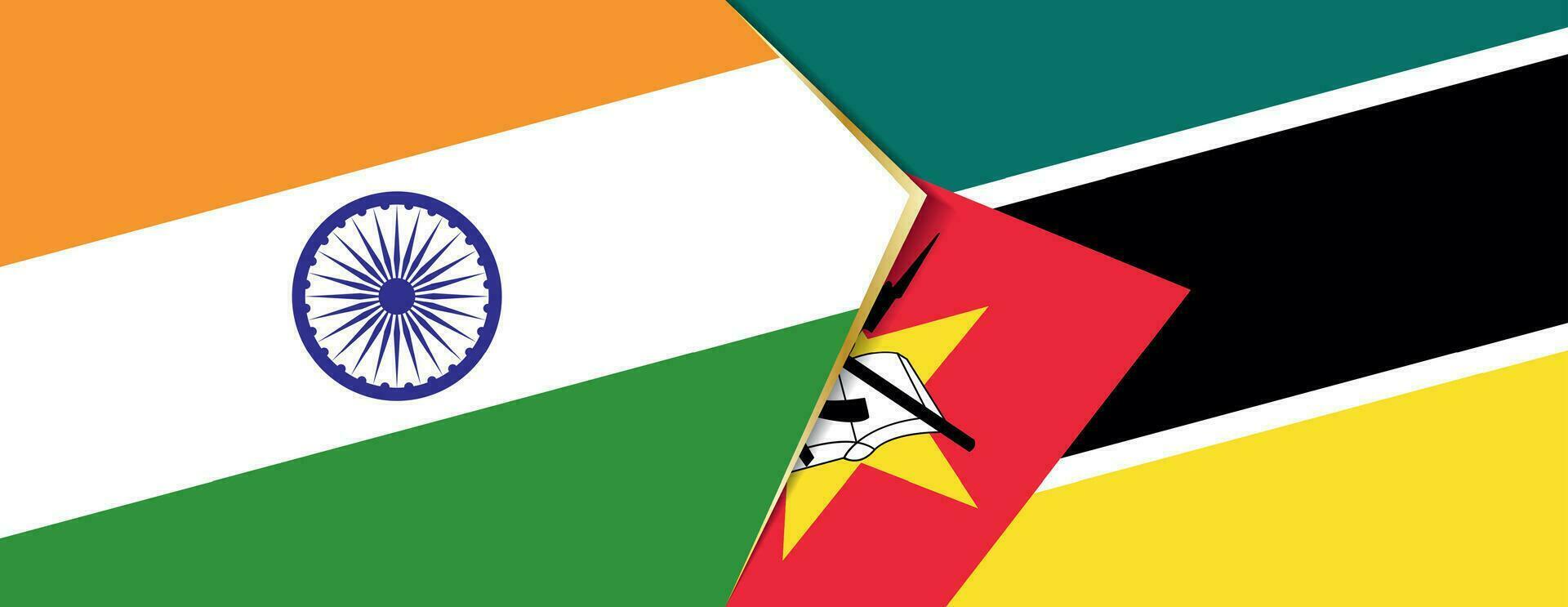
For years, patients in Mozambique have traveled abroad for medical treatment, with South Africa being the most common destination. But as costs rise and waiting lists grow longer, many Mozambican families are now looking further towards India for healthcare solutions.
India has quickly become one of the most trusted choices for Mozambican patients. With its advanced hospitals, internationally trained doctors, and affordable treatment packages, India offers a level of care that is often out of reach locally. From heart surgery and cancer treatment to organ transplants and fertility care, Indian hospitals provide services that make a real difference.
What makes this trend even stronger is the patient-friendly environment: dedicated international desks, Portuguese interpreters, visa assistance, and affordable accommodation options all help Mozambican patients feel at home in a foreign country. For many families, traveling to India is not just about getting treatment; it's about finding hope, recovery, and a better quality of life.
What Health Barriers Push Mozambican Patients to Look Abroad?
Mozambique has made progress in building its healthcare system, but patients with complex illnesses still face many challenges. Public hospitals provide basic care, yet when it comes to advanced treatments like cancer therapy, organ transplants, or major heart surgeries, the options are minimal.
One of the most significant barriers is infrastructure. Many specialized departments do not exist in local hospitals, and patients are often referred outside the country. For years, South Africa has been the go-to destination, but private care there can be very expensive and out of reach for most families.
Another concern is long waiting times. Even for procedures that are available in Mozambique, patients may spend months waiting, which often delays urgent care. Shortage of specialists, especially oncologists, cardiologists, and nephrologists, makes the situation harder.
Private care within Mozambique is available, but costs are often high compared to the quality and range of services offered. It leaves many families searching for an alternative that is both affordable and advanced, and India is increasingly becoming that answer.
Why Is India Emerging as the Preferred Choice for Mozambican Patients?
For Mozambican families, choosing where to go for treatment is often a balance between cost, quality, and accessibility. While South Africa and Europe remain options, India is standing out for several important reasons.
- Affordable Yet Advanced: The cost of surgery or long-term treatment in India is often a fraction of what private hospitals in South Africa or Europe charge. Even after adding flight and accommodation costs, families usually find India far more budget-friendly.
- Access to World-Class Hospitals: India has internationally accredited hospitals with advanced facilities for cancer care, heart surgery, organ transplants, and fertility treatments. Many doctors are trained or have worked abroad, giving patients confidence in their expertise.
- Faster Treatment Timelines: Unlike the long waiting lists in Mozambique or South Africa, Indian hospitals are able to schedule tests, surgeries, and therapies quickly. This speed is critical for patients battling severe conditions like cancer or heart disease.
- Language and Cultural Comfort: Most Indian doctors and staff speak fluent English, and many hospitals provide Portuguese interpreters to support patients from Mozambique and Angola. It removes communication barriers and makes patients feel more at ease.
- Supportive Environment: From airport pickup services to special food arrangements and dedicated international desks, Indian hospitals go the extra mile to ensure Mozambican patients and their attendants feel cared for during their stay.
For Mozambican patients, India combines what they need most (affordable, reliable, and compassionate care), making it the preferred choice over other destinations.
What Health Conditions Lead Mozambican Patients to India?
For most Mozambican families, the decision to travel abroad comes only after trying every local option. It usually happens when the illness is serious, the wait is too long, or the cost of private care at home or in South Africa is beyond reach. India has become a trusted choice for several such health conditions.
- Many patients facing heart disease (a growing concern in Mozambique due to lifestyle and hypertension) turn to India for bypass surgeries or valve repairs. These procedures are available more quickly and at a price families can manage.
- For those with kidney failure, India is often seen as the best hope. Dialysis services at home are limited, and transplant programs are still developing. Indian hospitals offer both advanced dialysis and successful kidney transplants with strong follow-up care.
- Cancer patients also find India a practical choice. Modern cancer centers there provide chemotherapy, radiation, and newer therapies that are still out of reach in Mozambique. The shorter waiting times mean treatment can start when it matters most.
- Others travel for complex surgeries such as joint replacements, spine corrections, or brain and nerve operations. For couples struggling with infertility, Indian fertility clinics provide advanced IVF care that has helped many start families.
What Cutting-Edge Technologies Are Available in India?
Mozambican patients often consider India not just for its affordability but for access to truly state-of-the-art medical breakthroughs, many of which are among the first of their kind globally.
ZAP-X® Gyroscopic Radiosurgery
ZAP-X is a revolutionary, non-invasive brain tumor treatment now available in India. Indraprastha Apollo Hospital in Delhi has become the first facility in South Asia offering ZAP‑X® Gyroscopic Radiosurgery®, which uses a self-shielded, robotic system to deliver precise radiation without surgery or anesthesia. The hospital has completed its first patient treatment with ZAP‑X®, offering same-day relief and minimal recovery.
India's Homegrown CAR-T Therapy: NexCAR19™
In 2023, India introduced NexCAR19™, the country's first made-in-India CAR‑T cell therapy for treating relapsed or refractory B‑cell leukemias and lymphomas. Clinical trials showed around 67% of patients had significant tumor reduction, with a complete response in about half, and at a much lower cost than global alternatives.
AI-Powered Chest X-Ray Diagnosis
India is deploying advanced AI systems capable of reading chest X‑rays with incredible accuracy. Deployed across 17 major healthcare networks, this system can detect and classify 75 different pathologies with up to 99.8% precision in distinguishing normal from abnormal scans. It has already processed over 150,000 scans, helping speed up diagnosis and reduce human error.
Da Vinci® Robotic Surgical System
Many leading Indian hospitals, including Max, Medanta, and Manipal, now employ the Da Vinci Xi robotic surgery system. These platforms give surgeons three-dimensional precision for complex operations like cancer surgery, urological procedures, and gastrointestinal work.
India has over 220 robotic systems installed across hospitals, and while they're primarily in metro areas, there's a push to expand access to smaller towns. Surgeons emphasize that the robot is controlled by a human surgeon, serving as a high-precision tool for procedures, ranging from hernia repair to bariatric and liver surgeries. Efforts are underway to integrate AI and augmented reality to enhance surgical visualization further.
These developments showcase India's commitment to bringing the latest medical breakthroughs into actual patient care. This is what makes India a compelling destination for Mozambican patients seeking innovation, precision, and value in treatment.
What Special Services Do Indian Hospitals Offer Mozambican Patients?
Traveling across continents for treatment can feel overwhelming, especially for patients and families leaving Mozambique for the first time. Indian hospitals recognize these concerns and have built dedicated support systems to make the journey easier and more comfortable.
- Portuguese Language Support: Since Mozambique is a Portuguese-speaking nation, several Indian hospitals now provide interpreters and translation services to help patients communicate smoothly with doctors and staff. It ensures nothing gets lost in translation during consultations or when explaining treatment plans.
- International Patient Desks: Most major hospitals have dedicated international desks that handle everything from admission paperwork to financial counseling. These teams often work 24/7, guiding patients step by step through treatment and recovery.
- Visa and Travel Assistance: Hospitals issue official invitation letters required for medical visa applications, and many also guide patients on completing forms, paying fees, and arranging for faster processing. Some even assist with booking affordable flights.
- Airport Pickup and Transfers: To reduce stress on arrival, many Indian hospitals arrange airport pickup and drop-off services. Patients and attendants are taken directly to the hospital or to nearby accommodation without confusion.
- Affordable Stay Options: Hospitals often partner with guest houses, serviced apartments, and hotels close to their campuses. These accommodations are budget-friendly and designed for international patients, with facilities like kitchens and family rooms.
- Food and Dietary Needs: Understanding that diet is an essential part of healing, Indian hospitals make efforts to provide African-inspired meals or adapt menus to Mozambican tastes. Nutritional guidance is also given for patients with special requirements.
- Cultural and Emotional Support: International coordinators often arrange cultural orientation and emotional counseling, helping patients feel more at home despite being far from Mozambique.
- 24/7 Helplines and WhatsApp Support: Even after discharge, hospitals provide round-the-clock helplines and direct WhatsApp access to coordinators, ensuring that patients always have someone to reach out to for guidance.
For Mozambican patients, these services mean they are never left on their own in a foreign country. From landing in India to returning home, there is constant support to ensure both medical and emotional well-being.
What Is the Patient Journey from Mozambique to India Like?
For most Mozambican patients, the decision to travel abroad for treatment is filled with both hope and anxiety. Indian hospitals try to make this journey smooth by offering clear guidance from the very beginning. Here's how it usually unfolds:
- Initial Contact: The journey often starts when a Mozambican doctor refers a patient abroad or when families hear success stories from neighbors, church members, or NGOs. Patients (or their relatives) then reach out to Indian hospitals directly, usually through email or WhatsApp.
- Sharing Medical Reports: Hospitals request medical documents (scans, test results, discharge summaries), which Indian specialists review. Within a few days, patients usually receive a detailed treatment plan, estimated cost, and duration of stay.
- Visa Preparation: With the hospital's official invitation letter in hand, patients apply for a medical visa at the Indian High Commission in Maputo. Hospitals guide families on how to fill out forms, pay fees, and get approvals. In most cases, visas are issued within a week.
- Travel to India: Flights from Maputo, Beira, or Nampula connect to major hubs like Delhi, Mumbai, and Chennai. On arrival, most hospitals arrange airport pickup services so patients don't have to worry about navigating a new city.
- Admission and Treatment: Patients are welcomed by the hospital's international desk. Coordinators assist with admission, billing, language interpretation, and daily guidance. Treatment usually begins quickly, without the long waiting periods many experience at home.
- Recovery and Accommodation: If long-term recovery is needed, patients and attendants may move into nearby guest houses or serviced apartments arranged by the hospital. Nutritional and emotional support is provided during this phase.
- Returning to Mozambique: Once treatment is complete and doctors are satisfied with recovery, the hospital issues a fit-to-fly certificate. Patients return home with complete medical records and a follow-up plan.
- Ongoing Aftercare: After returning to Mozambique, patients can remain in touch with their Indian doctors through telemedicine, WhatsApp, or email. It ensures continuity of care without needing to travel back for every check-up.
What Should Mozambican Patients Know About India's Medical Visa?
Getting the correct visa is one of the most critical steps before traveling for treatment. Fortunately, India has designed a special medical visa that makes the process faster and easier for patients coming from Mozambique.
Who Can Apply?
Any Mozambican patient who has a confirmed treatment plan from an Indian hospital can apply for a medical visa. Up to two attendants or caregivers (usually family members) are also allowed to travel on a special medical attendant visa.
Documents You Will Need
To apply, patients generally need:
- A valid Mozambican passport (minimum six months' validity).
- A recent passport-sized photo.
- A letter of invitation from the chosen hospital in India.
- Medical reports confirming the diagnosis.
- A completed online visa application form.
Application Process
- The patient selects a hospital in India and receives the official visa invitation letter (VIL).
- The visa application is completed online through India's official portal.
- Documents are submitted at the High Commission of India in Maputo or through an authorized visa center.
- Fees are paid, and biometric data may be taken if required.
Fees and Timeline
Applying for an Indian medical visa from Mozambique is affordable compared to many other destinations. The current fee structure is:
- Normal Medical Visa (up to 6 months, triple entry): MZN 5,320 (≈ USD 85)
- Medical / Medical Attendant Visa with urgent processing: MZN 10,440 (≈ USD 165)
- Normal Medical Visa (1 to 5 years validity): MZN 19,400 (≈ USD 305)
Processing usually takes 3–5 working days, though patients who choose the urgent option can often receive approvals more quickly.
Validity and Extensions
Most medical visas are valid for up to six months with multiple entries allowed. If treatment takes longer, extensions can be applied for within India, with medical documents supporting the request.
How Successful Are Treatments for Mozambican Patients in India?
One of the main reasons Mozambican families choose India is the proven track record of success. Patients want reassurance that their journey abroad will genuinely make a difference, and India's outcomes provide that confidence.
- Heart and Cardiac Surgeries: Indian cardiac centers perform thousands of procedures each year, with success rates above 95% for common surgeries like bypass and valve replacement. For Mozambican patients facing long waiting times at home, this speed and reliability can be lifesaving.
- Organ Transplants: Kidney transplants (one of the most sought-after treatments by Mozambican patients) have success rates of 85–90% in leading Indian hospitals. Advances in organ preservation and post-surgery care have steadily improved outcomes.
- Cancer Care: India's cancer institutes now combine proton therapy, targeted drugs, and immunotherapy with traditional treatments. It has significantly improved survival rates, especially for patients diagnosed at earlier stages. Mozambican patients benefit from both the advanced technology and the faster access to care.
- Orthopedic and Spine Surgeries: Joint replacements in India are among the most successful in the world, with outcomes over 95% positive. Many patients return home with restored mobility after years of pain or disability.
- Fertility Treatments: In vitro fertilization (IVF) success rates in India average 50–60% per cycle in top centers, comparable to global benchmarks, but at a fraction of the cost. For Mozambican couples who have struggled for years, this brings new hope.
Beyond numbers, what stands out is the high level of patient satisfaction. Many Mozambican patients share stories of being treated with dignity and compassion, making their medical journey less stressful and more reassuring.
Conclusion
For patients in Mozambique, traveling abroad for treatment is never an easy decision. It means leaving behind home, family, and familiar surroundings. Yet more and more Mozambican families are finding comfort in choosing India as their healthcare destination.
What makes India stand out is the balance it offers: advanced medical technology, highly skilled doctors, and affordable treatment costs. From complex heart surgeries and organ transplants to cancer care and fertility treatments, Indian hospitals provide world-class care that many Mozambican patients might not easily access at home or even in neighboring South Africa.
Beyond medicine, the support systems in India (visa assistance, Portuguese interpreters, airport pickup, and patient-friendly guest houses) ensure that patients never feel alone during their journey. Add to this the compassion of Indian doctors and nurses, and it becomes clear why India has become a trusted partner in healthcare for Mozambique.
For Mozambican families searching for hope, healing, and a better quality of life, India offers more than just treatment. It provides a new beginning and the reassurance that recovery is truly possible.
Related Hospitals
Discover hospitals and medical centers related to this topic for quality healthcare services.

SP Medifort Hospital
SP Medifort, Thiruvananthapuram, is a JCI-accredited, 475-bed multi-super-specialty hospital spread across 500,000 sq. ft. The hospital houses 10 modu...
Accreditations
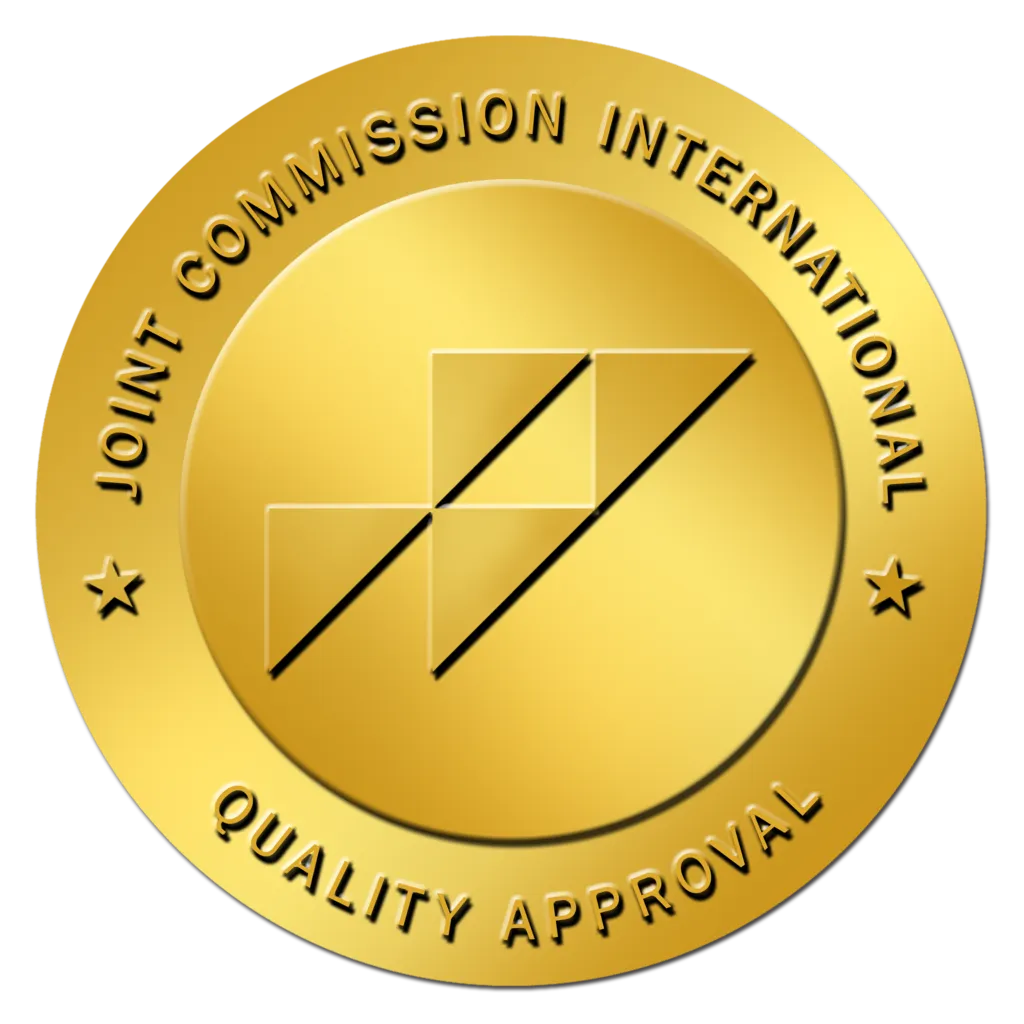
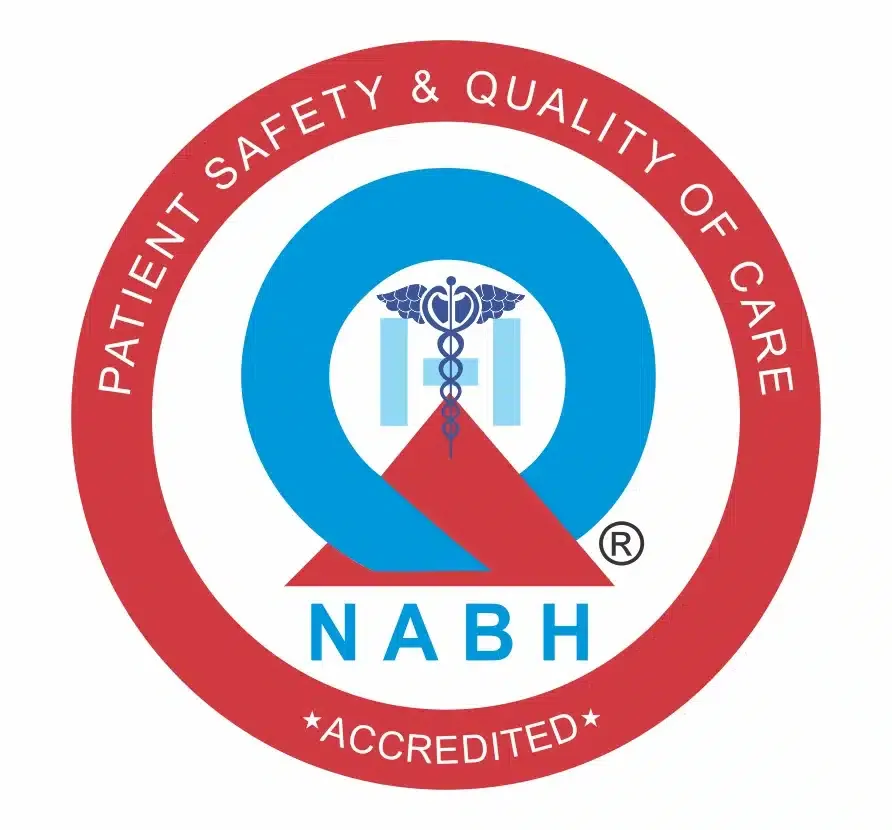
Facilities

CARE Hospitals, Banjara Hills, Hyderabad
CARE Hospitals, Banjara Hills, Hyderabad, is a 435-bed NABH and NABL-accredited multispecialty hospital with 120 critical care beds. Established in 20...
Accreditations

Facilities

AIG Hospitals, Gachibowli, Hyderabad
AIG Hospitals, Gachibowli, Hyderabad, is a 1,000-bed, JCI- and NABH-accredited super-specialty hospital spanning 1.7 million sq. ft. It is the flagshi...
Accreditations


Facilities

Gleneagles Global Health City, Chennai
Gleneagles Global Health City, Chennai, is a 200-bed quaternary-care hospital and part of the IHH Healthcare network, one of the world’s largest priva...
Accreditations

Facilities

MGM Healthcare, Chennai
MGM Healthcare, Chennai, is a 400-bed quaternary-care super-specialty hospital accredited by JCI, NABH, and NABL. The hospital features 100 ICU beds, ...
Accreditations


Facilities

MIOT International, Chennai
MIOT International, Chennai, is a 1,000-bed NABH- and NABL-accredited multispecialty hospital serving patients from more than 130 countries. Establish...
Accreditations

Facilities
Related Articles
Explore more articles and insights on similar health topics.
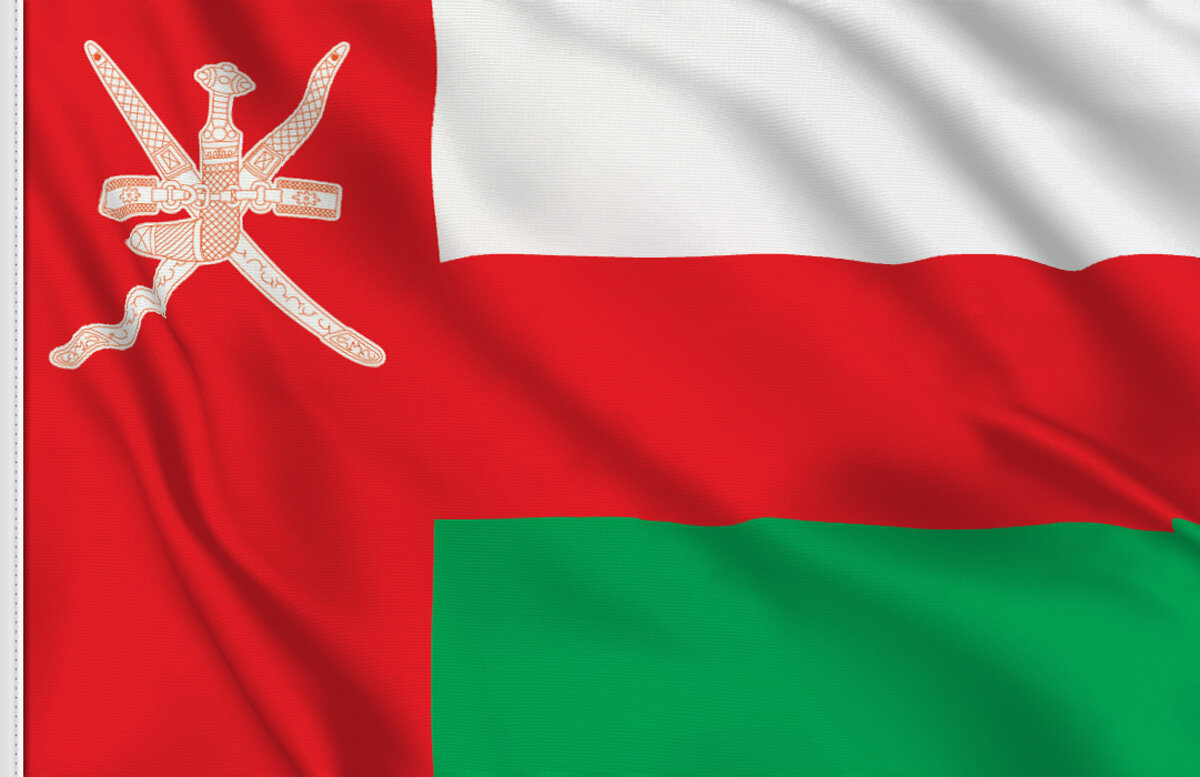
Why Do Oman Patients Look Abroad for Treatment?
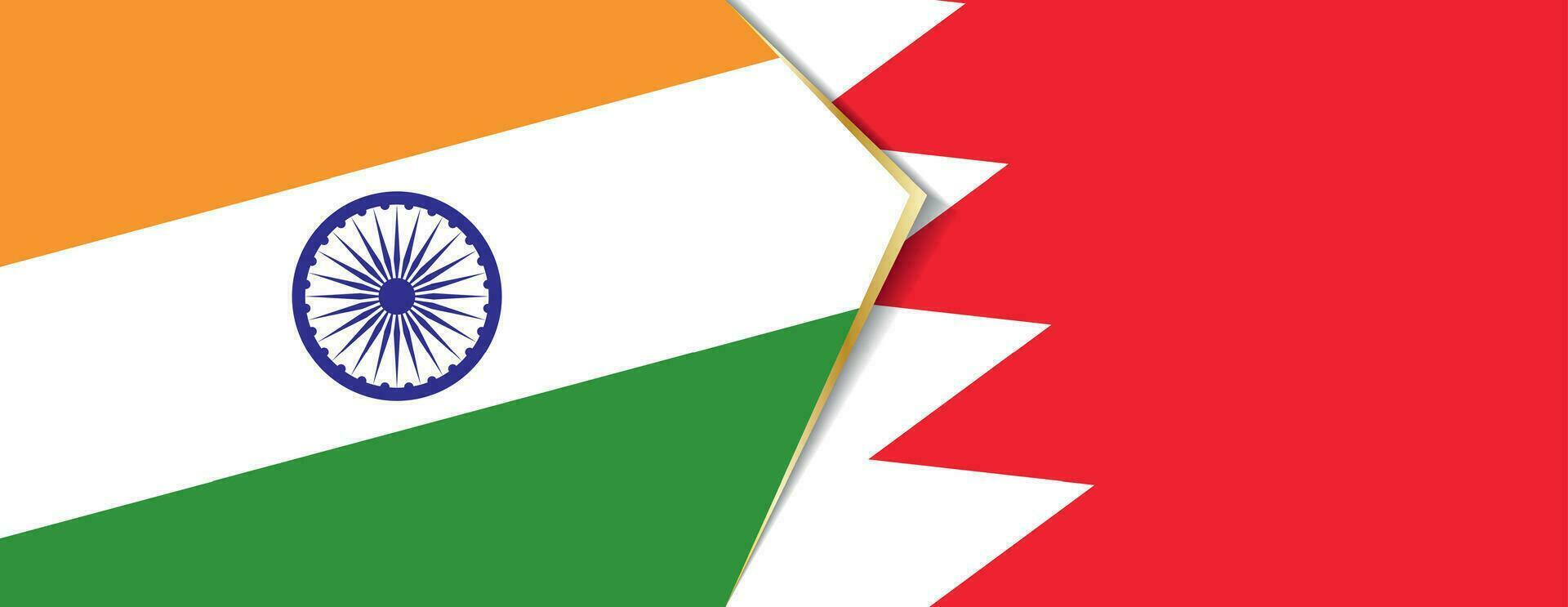
Why India is Becoming the Healthcare Hub for Bahrain Patients
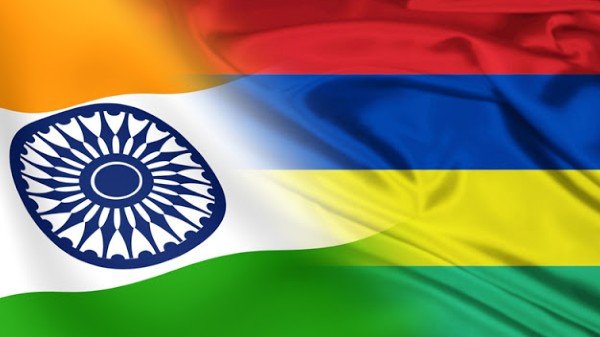
Why Patients from Mauritius Opt for India for Medical Tourism
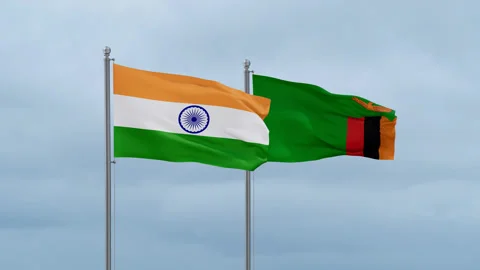
Top Reasons Zambians Are Turning to India for Advanced Medical Treatment
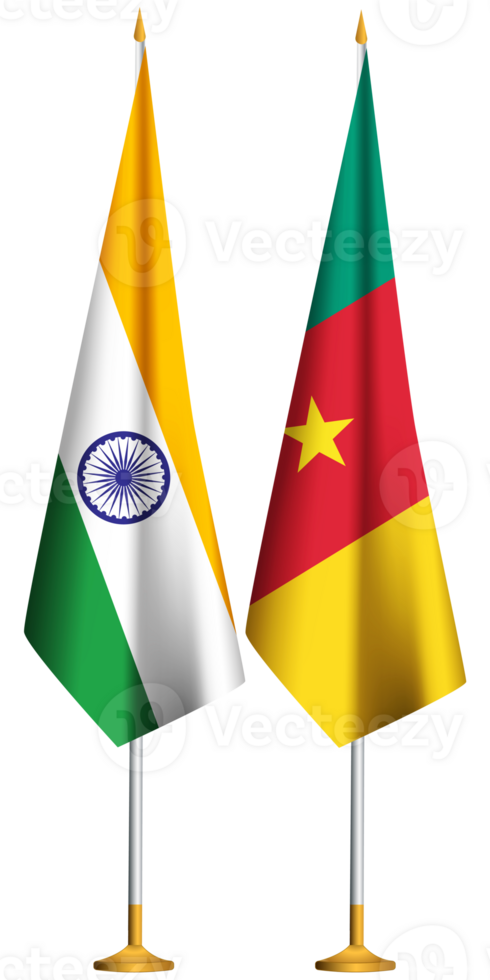
Why Cameroonian Patients Choose India for Treatment
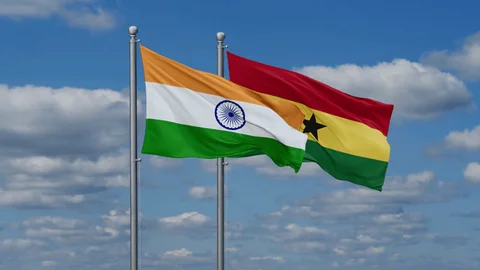
Top Reasons Ghanaian Patients Travel to India for Treatment
Our website uses cookies. By clicking on accept you give your consent to the use of cookies as per our Privacy Policy.
